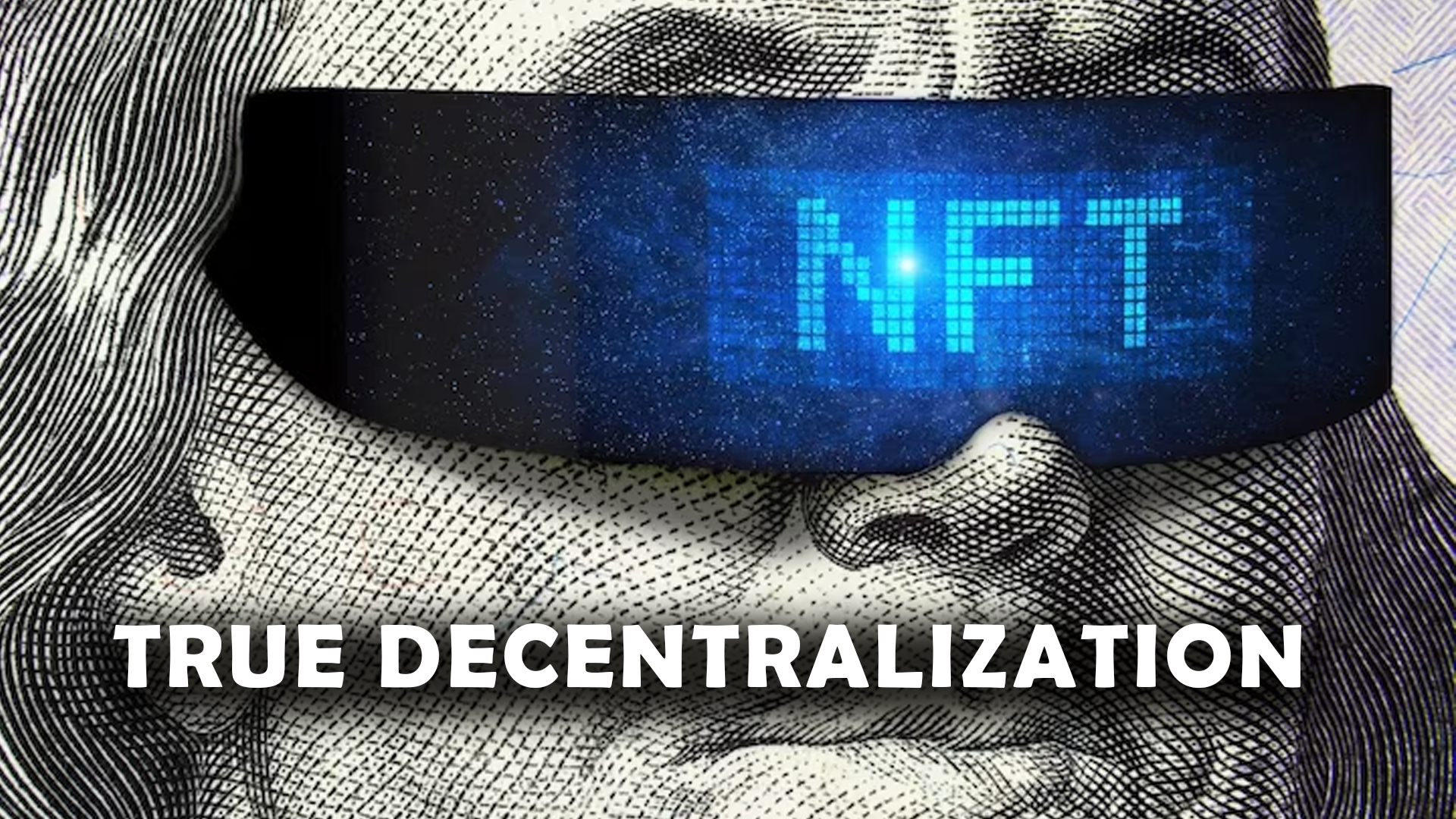- AI-based NFTs (Non-Fungible Tokens) are a type of NFT that represents digital assets generated or enhanced using artificial intelligence (AI) technologies.
- These NFTs combine the uniqueness and ownership properties of traditional NFTs with the creative and generative capabilities of AI.
AI-based NFTs (Non-Fungible Tokens) Have The Potential To Pave The Way For True Decentralization In Several Ways
- Content Creation and Ownership
AI is capable of creating original digital works of art, music, and literature. The ownership of AI-generated content is documented on a decentralized blockchain when it is minted as an NFT, enabling creators to retain control and collect royalties directly from consumers.
- Inclusivity
AI can make it easier for anyone to create digital assets. It makes it easier for creators, who might lack traditional artistic abilities, to get started. This openness encourages a more dispersed community of creators.
- Provenance and Authenticity
The blockchain’s immutability ensures the authenticity and provenance of NFTs produced by AI. The risk of fakes is lower because users can be confident that the NFT represents the original AI-generated work.
- Decentralized Marketplaces
By utilizing decentralized protocols, AI-based NFT marketplaces can lessen their reliance on centralized platforms. Through decentralization, peer-to-peer interactions are encouraged and censorship resistance is strengthened.
- Decentralized access to AI services
It is only made possible by the tokenization of AI models, which is possible as NFTs. Holding NFT or using decentralized marketplaces are two ways that users can gain access to AI capabilities.
- AI Curated Collections
Based on user preferences, AI algorithms can curate NFT collections, making it simpler for users to find and interact with content that suits their preferences.
- Governance
AI can be used to speed up decision-making in decentralised autonomous organisations (DAOs). Voting systems powered by AI can improve decentralisation by automating administrative tasks.
- Content Recycling and Remixing
AI can help with content recycling and remixing, enabling continuous creation without centralised approval.
- Reduced Intermediaries
AI can speed up the minting and transfer of NFT, eliminating the need for middlemen and enhancing the peer-to-peer nature of NFT transactions.
- Personalization
AI-based NFTs can adjust to user preferences, enabling distinctive, personalised experiences for users while retaining ownership and control over their data.
Conclusion
AI-based NFTs offer a promising way to decentralise content creation, ownership, and distribution and reshape the digital landscape. These tokens enable unique and AI-generated digital assets by utilising the creative potential of artificial intelligence, and they also support trust, accessibility, and inclusivity within the NFT ecosystem.
The fundamental tenets of blockchain technology, which are based on immutability, transparency, and peer-to-peer interactions, are perfectly aligned with this move towards true decentralization. AI-based NFTs enable a more equitable and diverse digital environment where artistic expression and ownership transcend conventional boundaries by empowering both creators and users. Blockchain and AI are poised to redefine how one views and interacts with digital assets as they continue to develop, fostering innovation and community engagement in unprecedented ways
